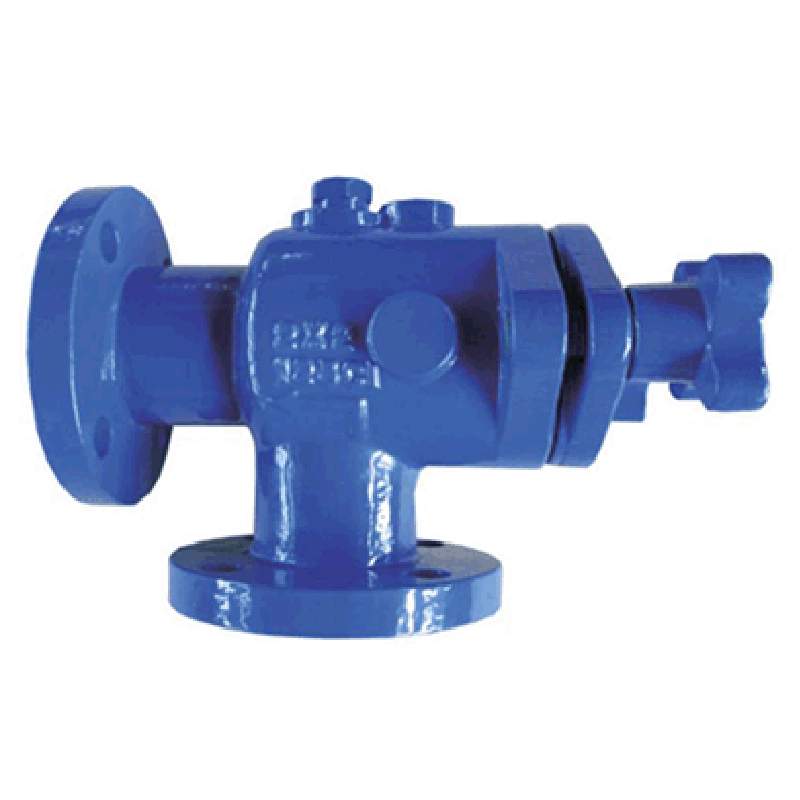Nov . 12, 2024 16:56 Back to list
electric gate valve actuators
Understanding Electric Gate Valve Actuators
Electric gate valve actuators are vital components in various industrial applications, controlling the flow of fluid through pipelines. These devices enable the automation of valve operations, providing precise control over the opening and closing of valves with minimal human intervention. As industries continue to advance, the demand for efficient and reliable valve actuators has significantly increased, making electric actuators a preferred choice for many applications.
At their core, electric gate valve actuators convert electrical energy into mechanical motion, thereby allowing for the seamless operation of gate valves. Gate valves are designed to be fully opened or closed, making them ideal for on/off control applications. Unlike other types of valves, such as globe valves or ball valves, gate valves offer minimal pressure drop when fully open, which is crucial in applications requiring high flow rates.
One of the primary advantages of electric gate valve actuators is their ability to provide consistent and accurate control. By integrating sensors and control systems, these actuators can respond to real-time conditions, making it easier to manage complex systems. This level of automation not only enhances operational efficiency but also reduces the risk of human error in valve operation. Furthermore, electric actuators can be programmed for specific operational protocols, enabling users to set parameters such as opening speed and stopping positions, thereby enhancing the overall system performance.
electric gate valve actuators

Electric gate valve actuators come in various sizes and configurations to suit different types of valves and operational requirements. They typically consist of an electric motor, gearbox, and control module. The motor provides the necessary torque to operate the valve, while the gearbox helps in reducing the speed and increasing the torque to accommodate the valve's specifications. Modern actuators are often equipped with advanced control systems, allowing for remote operation and monitoring via communication protocols such as Modbus or Profibus.
In terms of applications, electric gate valve actuators are widely used in water treatment plants, oil and gas facilities, chemical processing environments, and power generation stations. In water treatment, for example, these actuators facilitate the precise control of flow to ensure optimal treatment processes. In the oil and gas sector, they are crucial for regulating the flow of hydrocarbons, ensuring safety and efficiency in operations.
Moreover, the integration of electric gate valve actuators into smart systems has paved the way for Industry 4.0. By utilizing IoT (Internet of Things) technology, operators can remotely manage and analyze valve performance data, enabling proactive maintenance and reducing downtime. This connectivity not only improves the reliability of operations but also contributes to overall energy efficiency within industrial processes.
In conclusion, electric gate valve actuators are essential for the modern industrial landscape, offering automation, precision, and improved efficiency. With ongoing advancements in technology and increasing demands for sustainable practices, these actuators are poised to play an even more significant role in the management of fluid systems across various industries. As industries continue to evolve, embracing such innovative solutions will be crucial for maintaining competitive advantages and achieving operational excellence.
Share